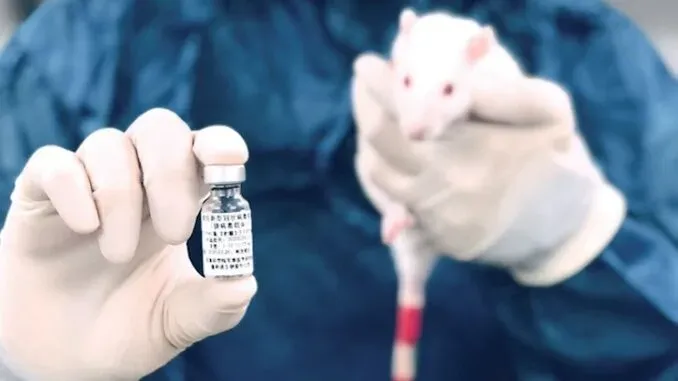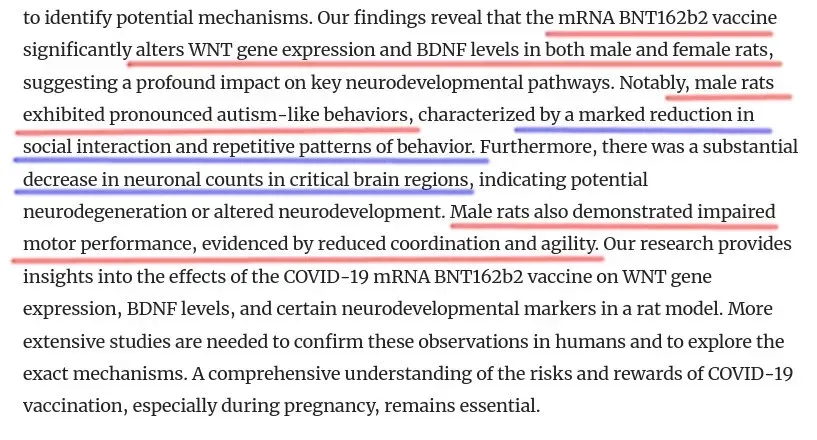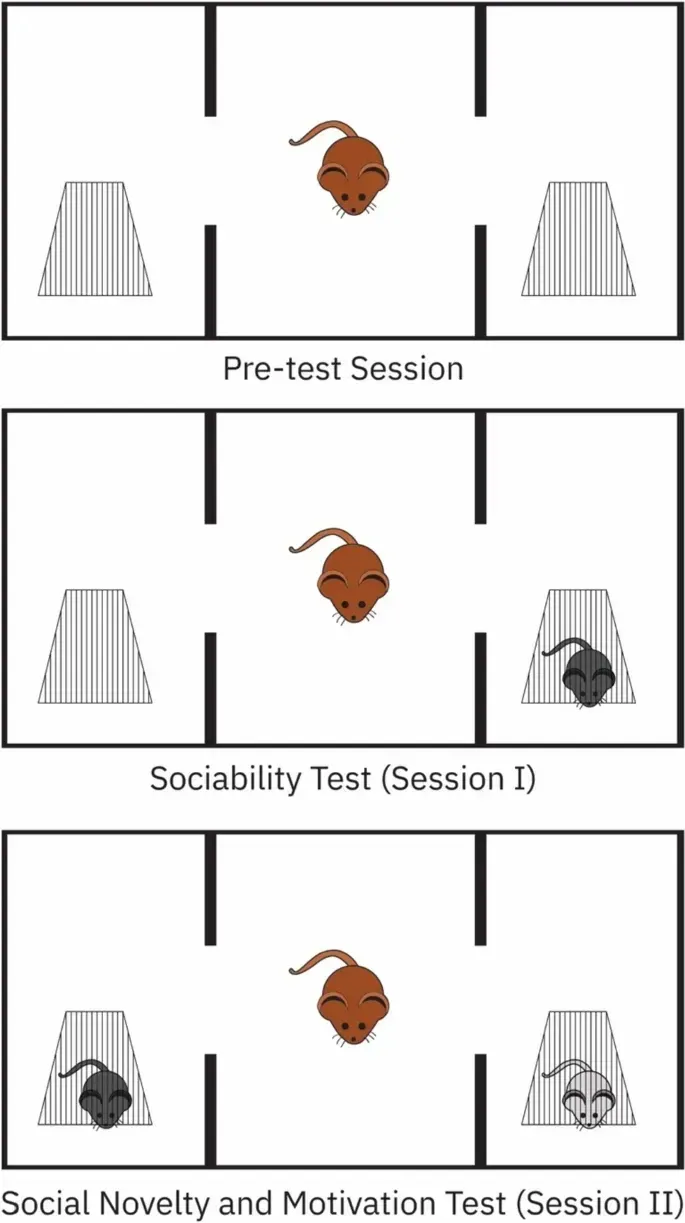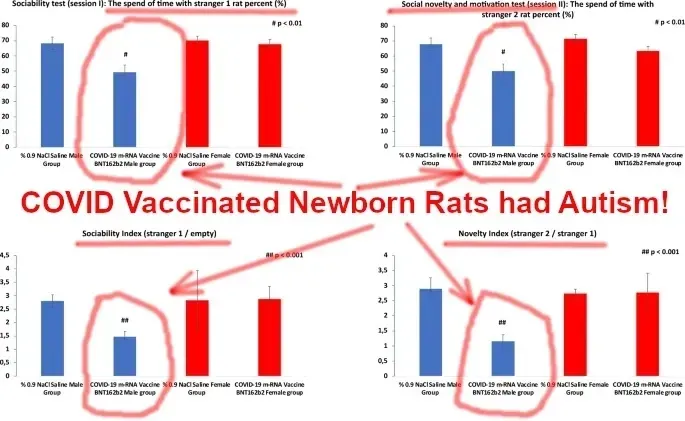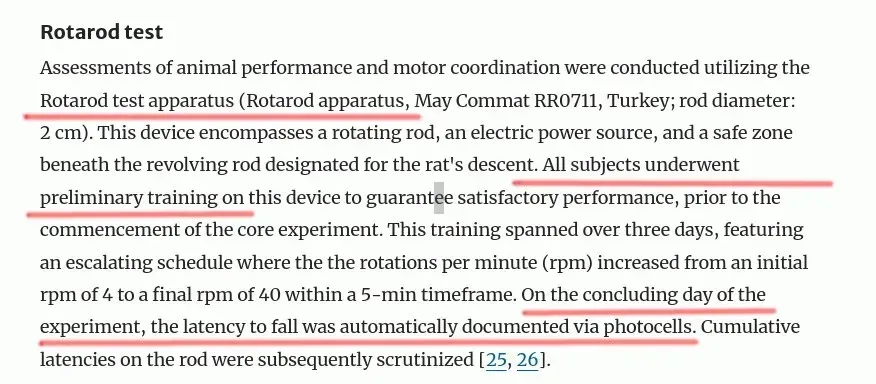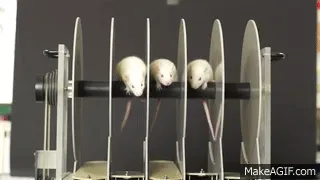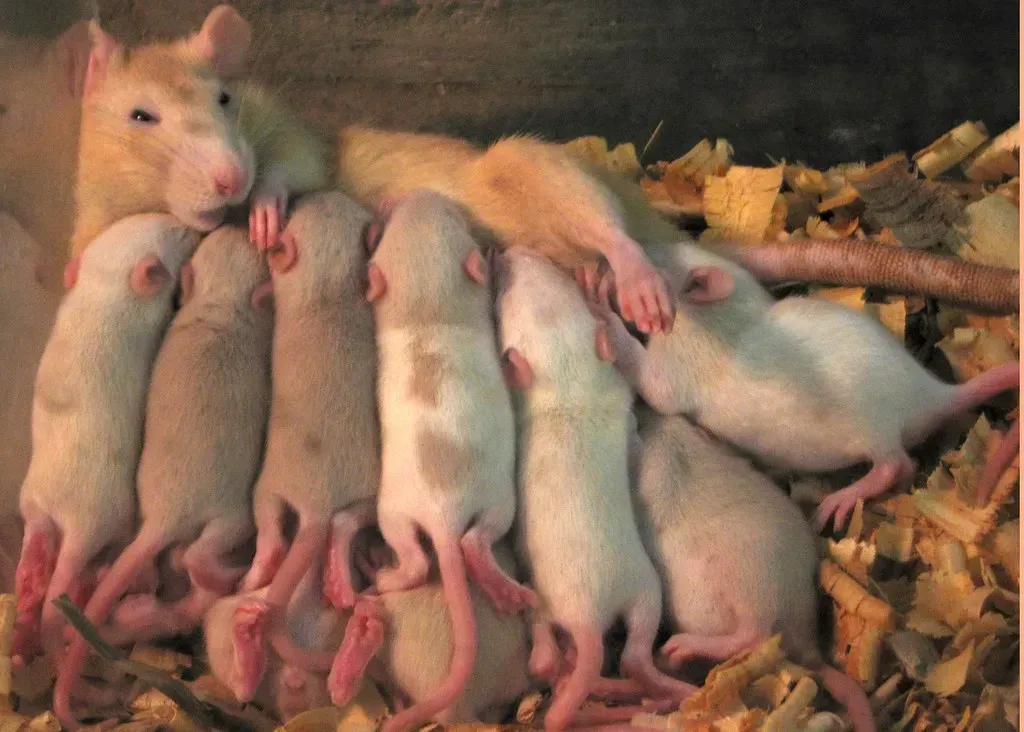An official new study published in Neurochemical Research has found that lab rats who were given the Pfizer COVID vaccine developed ‘autism-like’ traits.
According to the study, pregnant rats given the mRNA jab led to the male pups born after vaccination displaying signs of full-blown autism.
The scientists set out to evaluate the effects of COVID vaccination on rats during pregnancy to see the effect on the offspring. What they discovered was alarming:
This study aimed to investigate the gene expression of WNT, brain-derived neurotrophic factor (BDNF) levels, specific cytokines, m-TOR expression, neuropathology, and autism-related neurobehavioral outcomes in a rat model. Pregnant rats received the COVID-19 mRNA BNT162b2 vaccine during gestation. Subsequent evaluations on male and female offspring included autism-like behaviors, neuronal counts, and motor performance.
Igor’s Newsletter reports: To their dismay, scientists indeed found profound disturbances in the neurodevelopment of pups born to rat mothers vaccinated during gestation:
Compared to the control group of rats injected with harmless saline solution, pups born to COVID-vaccinated mothers displayed a decrease in neuronal counts, a marked reduction in social interaction, and abnormal, repetitive patterns of behavior. Study authors rightfully call that autism-like behaviors.
Researchers used well-accepted tests of rat development to evaluate their sociability and novelty tolerance.
It turns out that male pups affected by the Covid vaccine during gestation were abnormally afraid to socialize and actively avoided novel situations. The authors point out that such maladjustments are “autism-like.” They show the comparison with the control group:
Decreased Neuronal Counts and Cognitive Deficiencies of Male Pups
Sadly, COVID-vaccinated male pups had significantly reduced neuronal counts:
The COVID vaccines decreased neuronal counts by one-third!
The above-mentioned CA3 neurons are responsible for spatial intelligence and general cognition, so they are very important for life success in all mammals, including humans.
As a result of cognitive deficiencies due to a lack of neurons, vaccinated male pups failed to learn as well as their unvaccinated control counterparts, suggesting a learning disability:
An animation of the rotarod rat test is here:
Indeed, male rats born to vaccinated mothers demonstrated impaired abilities:
Specifically, within the group that received the BNT162b2 vaccine during gestation, there was a significant difference between males and females (F = 14.315; p < 0.001), with males exhibiting more pronounced effects as compared to females. Conversely, no such sex difference was evident in the saline control group (F = 0.014; p = 0.907). Additionally, when comparing the BNT162b2 and saline groups within each sex, significant differences were found in males (F = 12.488; p = 0.001) but not in females (F = 0.059; p = 0.810).
A Very Sad Outcome
Please appreciate the plight of the crippled vaccinated male rat pups. They were born with decreased neuronal counts, are fearful of socializing, and are resistant to novel situations. It’s a bad combination!
COVID vaccines made them unlikely to grow up into functional adults able to find a mate and establish a happy rodent family:
While I feel sorry for the individual animals affected, I am thankful to the authors who conducted such experiments to highlight the dangers of vaccinating rats with COVID vaccines during pregnancy.
Is it possible that the rat study found a perfect moment in fetal development, a time when giving a COVID vaccine would disrupt fetal brain formation in some subtle ways?
What About Humans?
We were repeatedly told that “vaccines do not cause autism.”
The context of such discussions usually is whether vaccinations after birth can make children autistic. I do not have an opinion on this. I am not required to have an opinion on everything and find such discussions lacking substance and definitions.
It is possible that the term “autism,” usually referring to a lifelong developmental pattern beginning with birth, is the wrong one to apply to sudden problems arising shortly after childhood vaccinations.
Numerous confident authors present “definite proofs” of how vaccines cause autism, but I have not yet been convinced of the quality of those “proofs.” I also read several official studies demonstrating that vaccines do not cause autism, and they always rely on data unavailable to the public.
In the placebo-controlled animal experiment we are exploring, vaccines (given during pregnancy) do cause autism-like symptoms in lab rats. That does not prove that the same happens during human pregnancies – but this finding raises an alarm.
What do you think?
